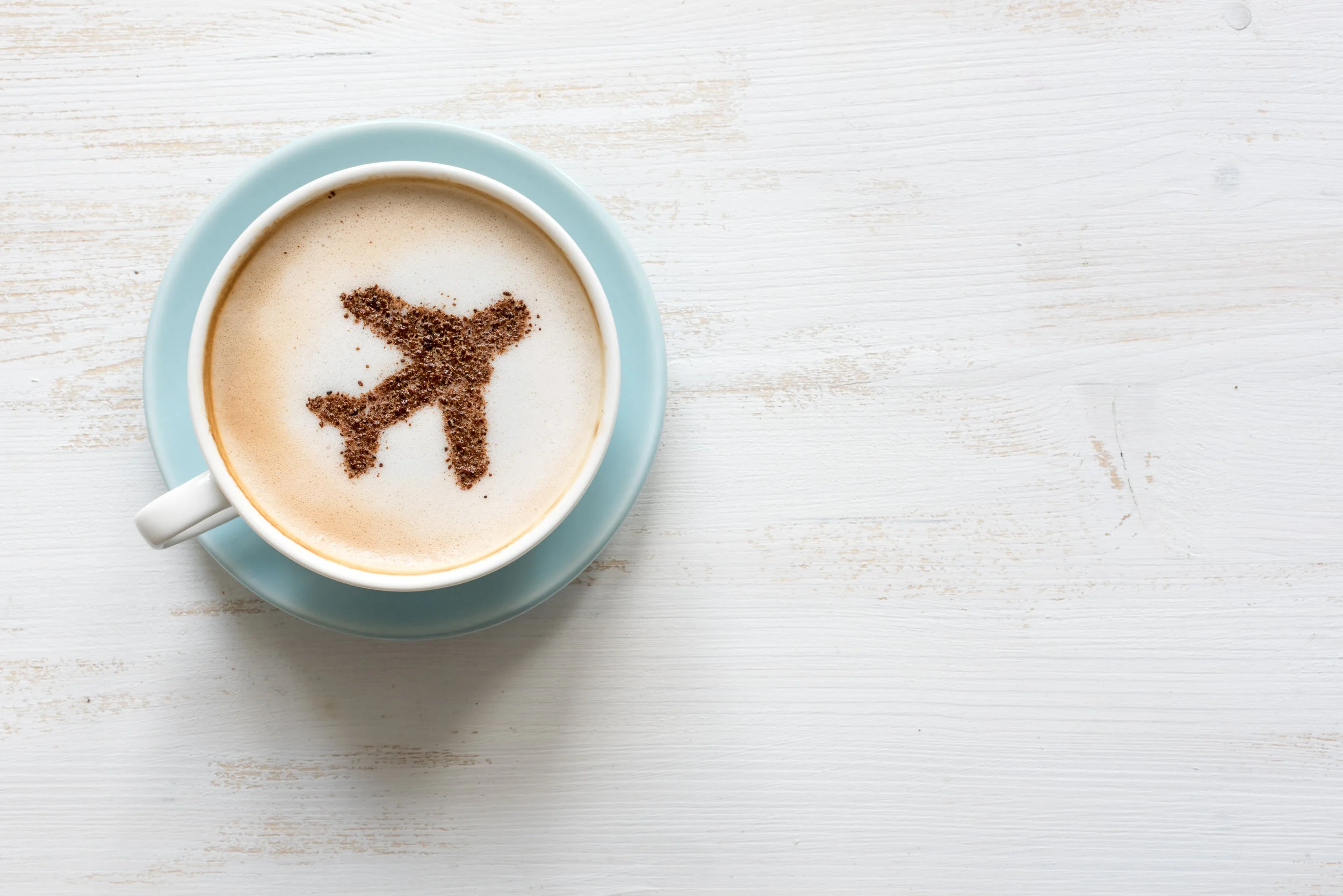I'm reading this book called The Kitchen House by Kathleen Grissom. It's the first fiction book I've read in a long time, and it's no disappointment. I kept hearing about it, and when I needed a few more dollars worth of merchandise to qualify for free shipping on my Amazon order, I chose to purchase the novel.
It's set in the late 1700s and follows an Irish girl whose parents die on the way to America. She ends up being raised by a black family on a tobacco plantation, where the storyline becomes quite complex. It's really a very interesting read.
Reading transports me to a safe, faraway place for a while, which I thoroughly enjoy. After I read several chapters tonight, I set the book the book aside and started getting ready for bed.
Suddenly, it hit me. In the turbulence this little girl experiences in the book, it seems her world is ripped away from her. Right now, I feel the same way.
It sounds absurd to say this about myself. That it feels like my world has been ripped away. But that is the exact best way I can describe it.
I tried really hard to assimilate into Cambodian culture, and I suppose I did a better job at it than I thought. I learned humor and customs, and I was starting to learn more about holidays, language, and the natural rhythm of life there. American culture, humor, stores, mannerisms, and certainly price tags are now foreign, difficult to understand, and overwhelming. I feel off nearly all the time, like something just isn't quite right.
Perhaps as I grieve Cambodian culture and lifestyle, I'm also grieving the comfort and ease with which I used to navigate America. Sometimes the deathly quiet roads weird me out with the absence of honking. Often the sheer amount of food in stores and the number of choices leave me feeling dazed as I walk the aisles. Last week I couldn't handle one more new thing, so I hand washed my clothes and hung them out to dry on a clothesline I set up on my balcony. Transition is hard.
So much has changed and shifted in my church, my city, my state, and my country. America is in disarray, and it wasn't when I left it. How do I fit an international view on politics into a very close-up, inwardly focused country? How do I explain six months abroad seemed to hold years' worth of experiences and changes in my views, my character, my faith, and my heart? To others, it was six months. To me, it was possibly the most life-shattering, perspective-altering, formative time of my life thus far.
Another question: how do I grieve when I'm not even sure where to start grieving?
Truly, it feels whole worlds have been ripped away from me. The world of Cambodia, where the struggles and needs sound like fairy tales when I say them out loud in the States because of how far removed the relevance is to problems here. The world of Waco, Texas, because suddenly cultural norms aren't so normal anymore.
Grace is hard for me, as it always has been. Why can't I adjust back? This is my country. This is where I grew up. But a thick fog blocks my view. I'm trapped moving in slow-mo in the middle of a nightmare. I am a shell of myself.
How in the world can it be this hard? I ask God this question tonight, as my face becomes a mess of tears and snot. Reality is not pretty.
I'm angry with Him sometimes. I don't want to be. Tonight, though, I tell Him it isn't fair. Even if He will sit with me in my grief, He can be there, in Cambodia, when I can't be.
This is when I realize how alone I feel. I feel even God doesn't understand this transition.
It isn't what I expected, this utter lost-ness. Not after six months. After six years, maybe, or even after two years. Not six months. I don't think others expected this either, and helping them understand is both comforting and terribly difficult. Because in the end, they won't understand. They will understand this is dreadfully difficult for me, but even I'm not sure how much more difficult this will get. I am in uncharted waters. Others have walked through reentry, but no one has walked through this exact reentry.
This scares me. I wish I could end this post (which is more like a very raw word vomit) with an analogy of how I'm trusting Christ in these uncharted waters. But the truth is, I'm not. I feel deeply wounded and confused, and though I'm grateful for Him holding me during this time, I'm just trying to survive.
Excuse me while i grieve two worlds I've lost, try to survive, and read some more of The Kitchen House.
References
Grissom, Kathleen. The Kitchen House. Touchstone Books, 2010.
